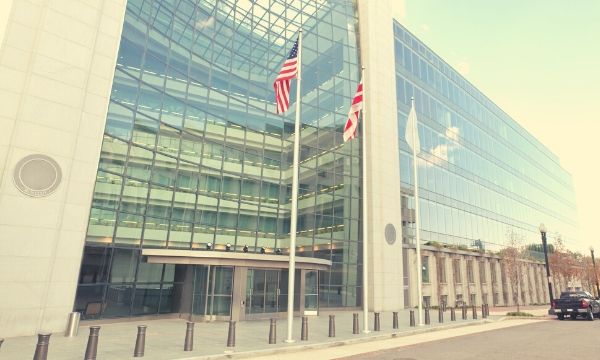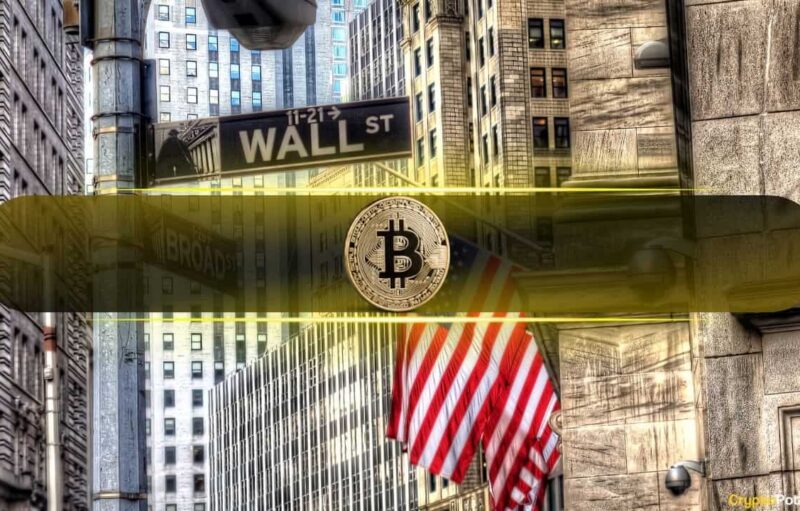
Abra has come under fire from U.S. regulators for offering illegal swaps to U.S. retail investors. This sets an alarming tone for the decentralized finance field, which is currently booming.
SEC and CFTC Fine Abra $300k
According to a press release by the U.S. Securities and Exchange Commission (SEC) on Monday (July 13, 2020), Abra and its Philippines-based partner Plutus Technologies Philippines Corp, illegally sold “security-based swaps to retail investors”. The SEC added that Abra sold the swaps without proper registration, nor did the company offer the service on a registered national exchange.
Abra initially offered the swaps in February 2019 to users both within and outside the U.S. In the same month, the SEC stepped in, which caused the company to halt business. However, Abra resumed in March 2019 but exempted U.S. investors and moved some of its operations to the Philippines.
But while the crypto investment platform conducted business abroad, Abra employees in California continued to design and market the contracts, while also screening users.
Daniel Michael, the Chief of the SEC Enforcement Division’s Complex Financial Instruments Unit, said:
“Businesses that structure and effect security-based swaps may not evade the federal securities laws merely by transacting primarily with non-U.S. retail investors and setting up a foreign entity to act as a counterparty, while conducting crucial parts of their business in the United States.”
The Commodity Futures Trading Commission (CFTC) stated that Abra and Plutus Technologies carried out illegal off-exchange swaps with users both in the U.S. and abroad. Consequently, Abra and Plutus Technologies agreed to pay a fine of $150,000 each to the SEC and the CFTC, without refuting or accepting the accusations. In addition, both regulators issued a cease-and-desist order
Meanwhile, some stakeholders in the crypto sector commented on the action of the U.S. regulators. Marco Santori, the chief legal officer for crypto exchange, Kraken, tweeted that Abra’s activities were not “shady”. Santori added that the company may have avoided the SEC’s hammer if they conducted business abroad from the beginning.
On the other hand, crypto lawyer Jave Chervinsky stated that the whole affair seemed like “a crackdown on crypto derivatives.”
SEC Continues to Clamp Down on Erring Crypto Exchanges
The SEC continues to clamp down on crypto platforms offering initial coin offerings (ICO) deemed as securities and other securities-related products.
In May 2020, BitClave, a blockchain company, came under the SEC’s sledgehammer, after the latter accused the firm of carrying out an illegal ICO in 2017. The SEC ordered BitClave to refund over 9,000 investors close to $30 million, in addition to paying other fines.
As reported by CryptoPotato in June 2020, however, the U.S. Supreme Court issued a ruling that reduced the disgorgement fees the SEC collected from ICOs.
Click here to start trading on BitMEX and receive 10% discount on fees for 6 months.
The post appeared first on CryptoPotato






